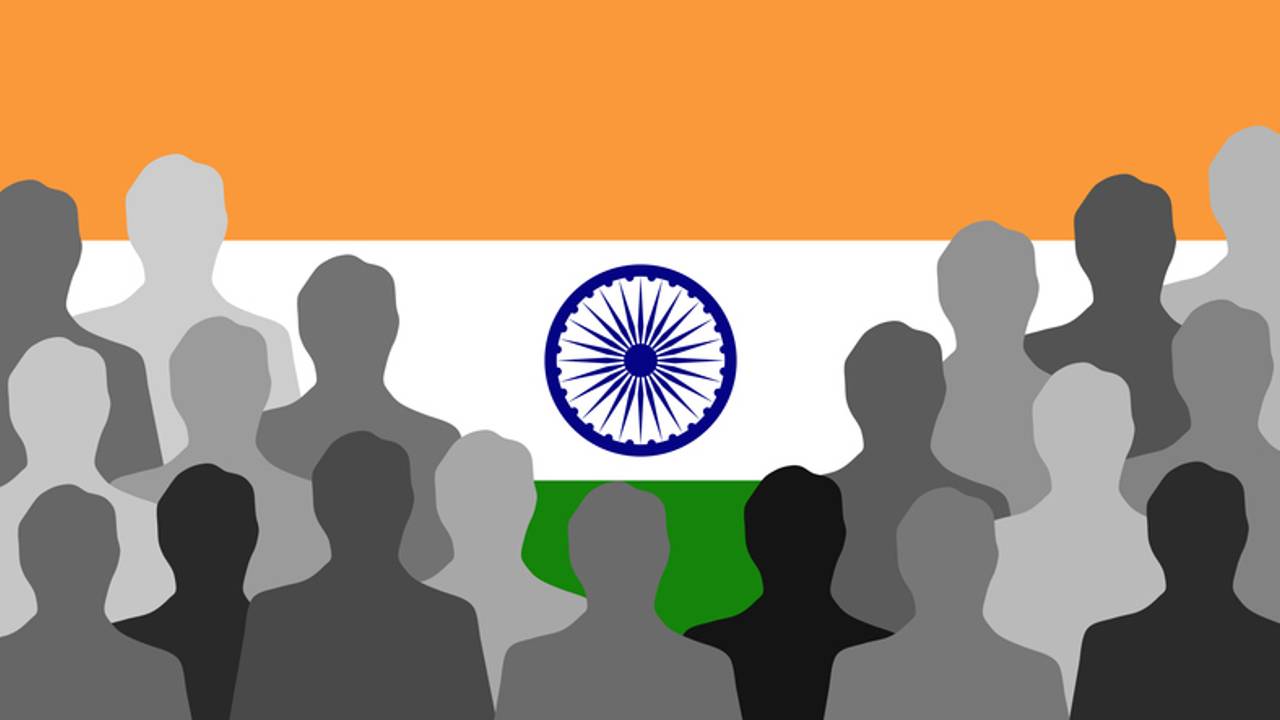
News
August 23, 2025
7 Reasons Anti-Indian Hatred Is Spreading Worldwide And Why The ‘New Jews’ Comparison Feels Real
Violence, stereotypes, and politics show a growing hostility toward Indians abroad. Here’s why the trend matters.
**7 Reasons Anti-Indian Hatred Is Spreading Worldwide And Why The ‘New Jews’ Comparison Feels Real**
A disturbing trend is emerging globally: a rise in anti-Indian sentiment, manifesting in various forms from subtle stereotypes to outright violence. This growing hostility has prompted some to draw parallels to the historical persecution faced by Jewish communities, leading to the unsettling comparison of Indians as the "new Jews." Understanding the roots of this phenomenon is crucial to combating it.
Several factors contribute to this worrying development. Firstly, economic anxieties in some countries fuel resentment towards Indian immigrants, who are often perceived as highly skilled and successful, taking away jobs and opportunities. This perception, whether accurate or not, creates a breeding ground for prejudice.
Secondly, cultural clashes and misunderstandings can exacerbate tensions. Differences in customs, traditions, and social norms can lead to friction and misinterpretations, especially in societies with limited exposure to Indian culture. These misunderstandings can quickly escalate into negative stereotypes and discriminatory behavior.
Thirdly, the increasing visibility of the Indian diaspora globally, coupled with their growing economic and political influence, can trigger backlash from those who feel threatened by this shift in power dynamics. This resentment can be amplified by pre-existing biases and prejudices.
Fourthly, online platforms have become breeding grounds for anti-Indian hate speech and misinformation. The anonymity offered by the internet allows individuals to spread hateful narratives and incite violence without fear of immediate consequences. These narratives often perpetuate harmful stereotypes and demonize the Indian community.
Fifthly, geopolitical tensions and historical grievances can also play a role. In some regions, long-standing conflicts involving India or its neighbors can spill over into animosity towards the Indian diaspora.
Sixthly, the rise of nationalist and populist ideologies in various countries has contributed to an environment where xenophobia and anti-immigrant sentiment are increasingly tolerated, if not actively encouraged. This creates a climate where anti-Indian prejudice can flourish.
Finally, the "new Jews" comparison arises from the shared experience of facing discrimination, scapegoating, and violence based on ethnicity and origin. While the specific historical contexts differ, the underlying patterns of prejudice and persecution resonate with the experiences of Jewish communities throughout history.
Addressing this growing anti-Indian hatred requires a multi-faceted approach. This includes promoting intercultural understanding, combating misinformation online, addressing economic anxieties, and challenging discriminatory policies and practices. It also requires a strong commitment from political leaders and civil society organizations to condemn hate speech and promote inclusivity
A disturbing trend is emerging globally: a rise in anti-Indian sentiment, manifesting in various forms from subtle stereotypes to outright violence. This growing hostility has prompted some to draw parallels to the historical persecution faced by Jewish communities, leading to the unsettling comparison of Indians as the "new Jews." Understanding the roots of this phenomenon is crucial to combating it.
Several factors contribute to this worrying development. Firstly, economic anxieties in some countries fuel resentment towards Indian immigrants, who are often perceived as highly skilled and successful, taking away jobs and opportunities. This perception, whether accurate or not, creates a breeding ground for prejudice.
Secondly, cultural clashes and misunderstandings can exacerbate tensions. Differences in customs, traditions, and social norms can lead to friction and misinterpretations, especially in societies with limited exposure to Indian culture. These misunderstandings can quickly escalate into negative stereotypes and discriminatory behavior.
Thirdly, the increasing visibility of the Indian diaspora globally, coupled with their growing economic and political influence, can trigger backlash from those who feel threatened by this shift in power dynamics. This resentment can be amplified by pre-existing biases and prejudices.
Fourthly, online platforms have become breeding grounds for anti-Indian hate speech and misinformation. The anonymity offered by the internet allows individuals to spread hateful narratives and incite violence without fear of immediate consequences. These narratives often perpetuate harmful stereotypes and demonize the Indian community.
Fifthly, geopolitical tensions and historical grievances can also play a role. In some regions, long-standing conflicts involving India or its neighbors can spill over into animosity towards the Indian diaspora.
Sixthly, the rise of nationalist and populist ideologies in various countries has contributed to an environment where xenophobia and anti-immigrant sentiment are increasingly tolerated, if not actively encouraged. This creates a climate where anti-Indian prejudice can flourish.
Finally, the "new Jews" comparison arises from the shared experience of facing discrimination, scapegoating, and violence based on ethnicity and origin. While the specific historical contexts differ, the underlying patterns of prejudice and persecution resonate with the experiences of Jewish communities throughout history.
Addressing this growing anti-Indian hatred requires a multi-faceted approach. This includes promoting intercultural understanding, combating misinformation online, addressing economic anxieties, and challenging discriminatory policies and practices. It also requires a strong commitment from political leaders and civil society organizations to condemn hate speech and promote inclusivity
Category:
Politics